Our Partners
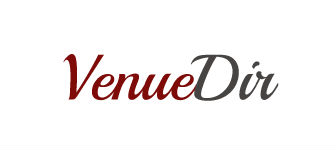
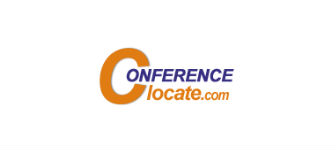
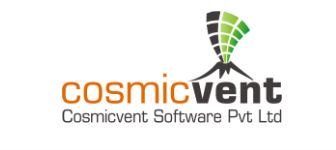
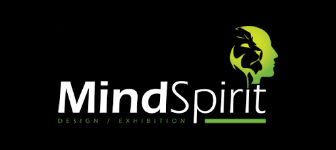




Supporting Journal
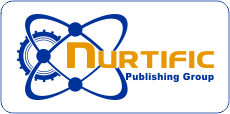
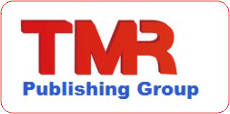
Greetings
Welcome we are glad you are here. We take a great pleasure in inviting you to the 2020 Annual conference on Traditional & Plant Medicine in Dubai, UAE. Our committee has worked to ensure varied sessions such as selected featured speakers, young scientist talks, Exhibition, and networking opportunities. It is based on the Theme: “Spreading traditions & supporting plants: Encouraging New Innovations in Treatment and Rehabilitation”
Aim of Conference
The major objective of this conference is to assemble professors, doctors, researchers, scholars, and traditional medicine experts from diverse disciplines who are involved in Alternative Medicine, Traditional Chinese Medicine, Unani Medicine, Acupuncture and more.
Market Outline
The worldwide natural medicine market is expected to grow on account of increasing consumer preferences.
Herbal supplements have little or no side effects and are proven more effective than conventional supplements that’s the reason number of consumers increasing days by day. Increased demand for herbal and botanical products in multi-formula, combo packs and chewable tablets & capsules is one of the major factors driving the market growth.
Increasing cost of medicine, lower incomes, and cost of healthcare system, have constrained consumers to choose natural supplements that are a more advantageous, less expensive, and more secure choice to get help from afflictions, being mental or physical.
Traditional Chinese medicine is divided into 1) Chinese patent medicines, 2) decoction pieces and 3) Chinese herbs. Chinese patent medicines are defined as any Chinese herbal medicine formulated into a finished dosage form, while decoction pieces are mainly Chinese herbs that have been processed further. Historically, Chinese patent medicines account for about 50% of all traditional Chinese medicines sold, but decoction pieces now make up an increased share following their faster growth. The sales growth of Chinese patent medicines slowed from 40% in 2012 to 9% in 2014, while sales growth in the decoction pieces market rose from 22% in 2012 to 24% in 2014, based on industry data provided by chyxx. Development of modernized decoction technology such as ultra-fine pulverization has led to continued strong growth in the decoction pieces market. Concentrated Chinese medicine granules (CCMG)

Traditional Japanese Medicine Trends: The Herbal & traditional products in Japan posted current value growth of 1% in 2016 to reach sales of JPY382 billion. While herbal & traditional cough, cold and allergy (hay fever) remedies, herbal & traditional dermatological and herbal & traditional dietary supplements registered an increase in sales, all other categories posted a decline.
Herbal/traditional dietary supplements remained the largest category, accounting for a 60% share of overall value sales.
Traditional medicine in Middle East
According to one research in Abu Dhabi Traditional medicine broken down into four categories that are: the Prophet, Physicians, Arabs and Elders. This research was done at the Zayed Center for Herbal Research.
The Medicine of the Prophet is also known as Teb Al Nabawi.
This concerns Quranic references to healing, in addition to what the Prophet Mohammed practiced treating ailments.
There is a very famous quote by Prophet Mohammad that is “Allah, the Exalted, has let no disease exist without providing for its cure, except for one ailment, namely, old age”.
The Medicine of the Physicians also known as Teb Al Atebba.
This category is the legacy of history’s greatest early physicians, upon which much of modern medicine is built.
The Medicine of the Arabs also known as Teb Al Arab. This category overlaps with the Medicine of the Physicians,
with the addition of techniques that originated in the region, including cupping or hijama.
This technique involves removing secretions from the skin under vacuum suction,
and patients find relief for many symptoms, including aches and pains,” says prof Barakat (the director general of Health Authority – Abu Dhabi).
The global herbal medicine market size was valued at USD 71.19 billion in 2016 and is expected to exhibit profitable growth over the forecast period (2014-2024). The increase is attributed to the increasing preference of consumers towards traditional medicines (Ayurveda, Unani and Traditional Chinese Medicine) which do not cause overdose toxicity and have fewer side effects. In addition, increasing substantial research investments and funding will support the market growth in near future.
The Europe continent is the largest market for herbal supplements & remedies, around 35% natural medicine market covered by the Europe continent and the Asia pacific is the most fasted growing market at 9.1% CAGR.

Tracks
- Herbal Medicine
- Alternative Medicine
- Traditional Chinese Medicine
- Pharmacognosy and Traditional Medicine
- Drug Discovery & Bioinformatics
- Acupuncture & Yoga
- Traditional Korean Medicine
- Traditional Unani Medicine
- Challenges and Future Directions of Traditional Medicine
- Patient Recruiting & Retention
- Herbal Drug Interactions
- Traditional Japanese Medicine (Kampo)
- Translational Medicine
- Clinical Case Reports
- African Medicine
- Traditional Iranian Medicine
- Entrepreneurs Investment Meet
- Traditional Medicine Today: Clinical and Research Issues
- Novel Drug Delivery : Challenges and Opportunities
- Pharmaceutical IPR and Regulatory Affairs
Ask Your Query: : Event Adviser | Traditional Medicine 2020 | E: traditionalmedicine@nurtific.com


